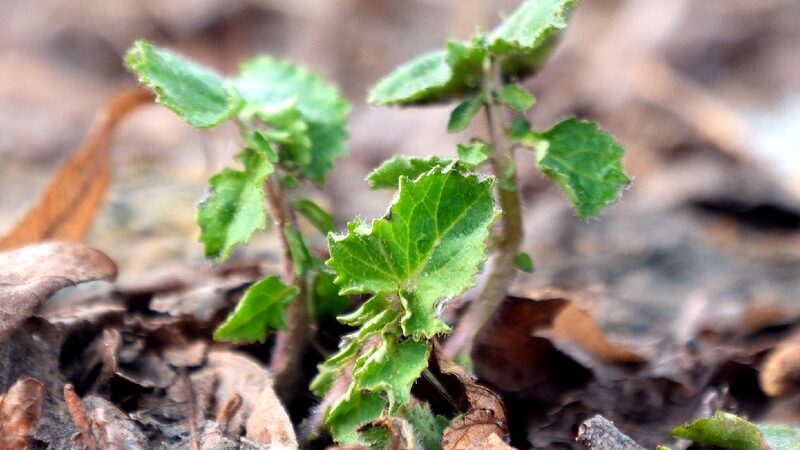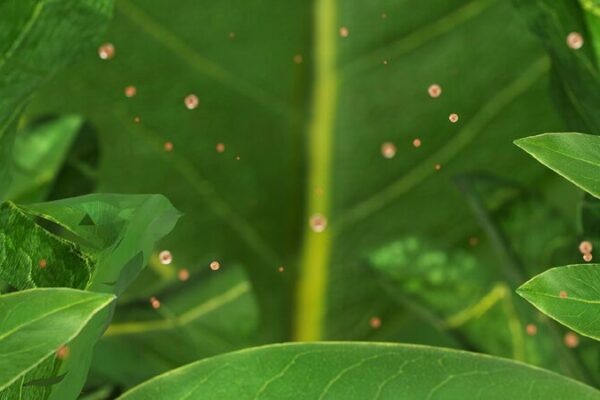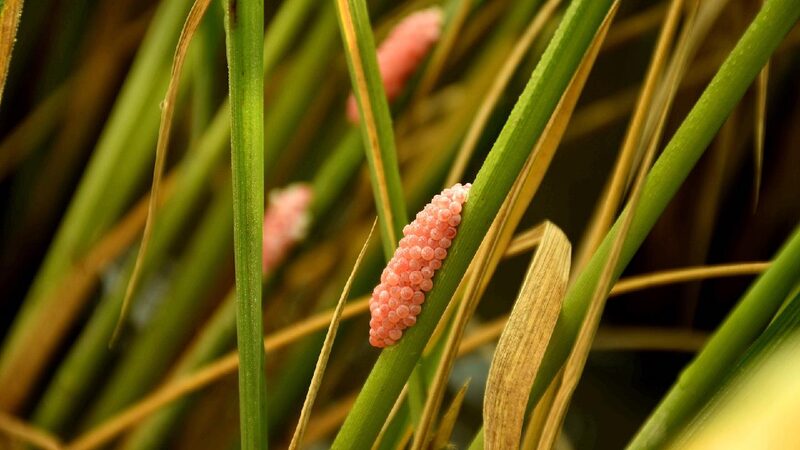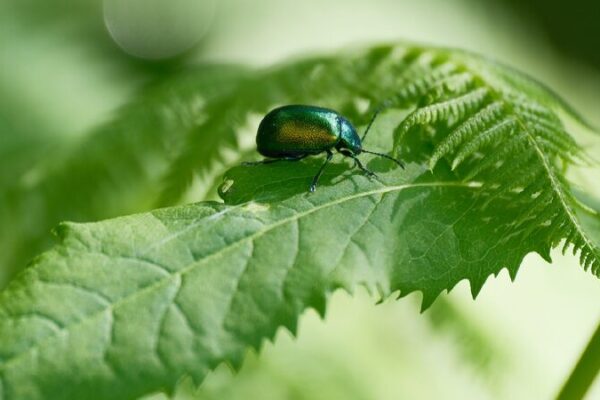Chinese researchers have developed a groundbreaking carbon-based nanomaterial derived from agricultural waste, promising to significantly enhance plant photosynthesis and boost crop yields.
According to a study published in Communications Materials, scientists from the Shenzhen Institutes of Advanced Technology under the Chinese Academy of Sciences and Shanghai Jiao Tong University have synthesized carbon quantum dots from agricultural waste biomass such as straw, leaves, and weeds.
This innovative material converts ultraviolet light, which plants cannot absorb, and green light, which they absorb inefficiently, into red light that plants utilize more effectively. Additionally, it excites electrons from absorbed photons to provide extra electrons for the photosynthetic electron transport chain, thereby improving photosynthetic efficiency.
In experiments, the nanomaterial was either added to the liquid culture medium of cyanobacteria or sprayed on plants. Results showed that glycerol-producing cyanobacteria experienced a 2.4-fold increase in CO2 fixation rate and a 2.2-fold rise in glycerol production. Similarly, the biomass of Arabidopsis plants increased by 1.8 times.
The study suggests that this material not only enhances photosynthesis and promotes plant growth but is also cost-effective and highly biocompatible, making it a promising candidate for future agricultural production and solar-powered biomanufacturing.
Preliminary experiments indicate that the nanomaterial can also promote the growth of other plants like duckweed, peanuts, corn, and soybeans. The research team plans to conduct further field experiments to explore its full potential.
This advancement could play a significant role in addressing food security challenges by increasing crop yields sustainably, especially in regions with limited resources.
Reference(s):
Chinese biologists develop nanomaterial to boost plant photosynthesis
cgtn.com








